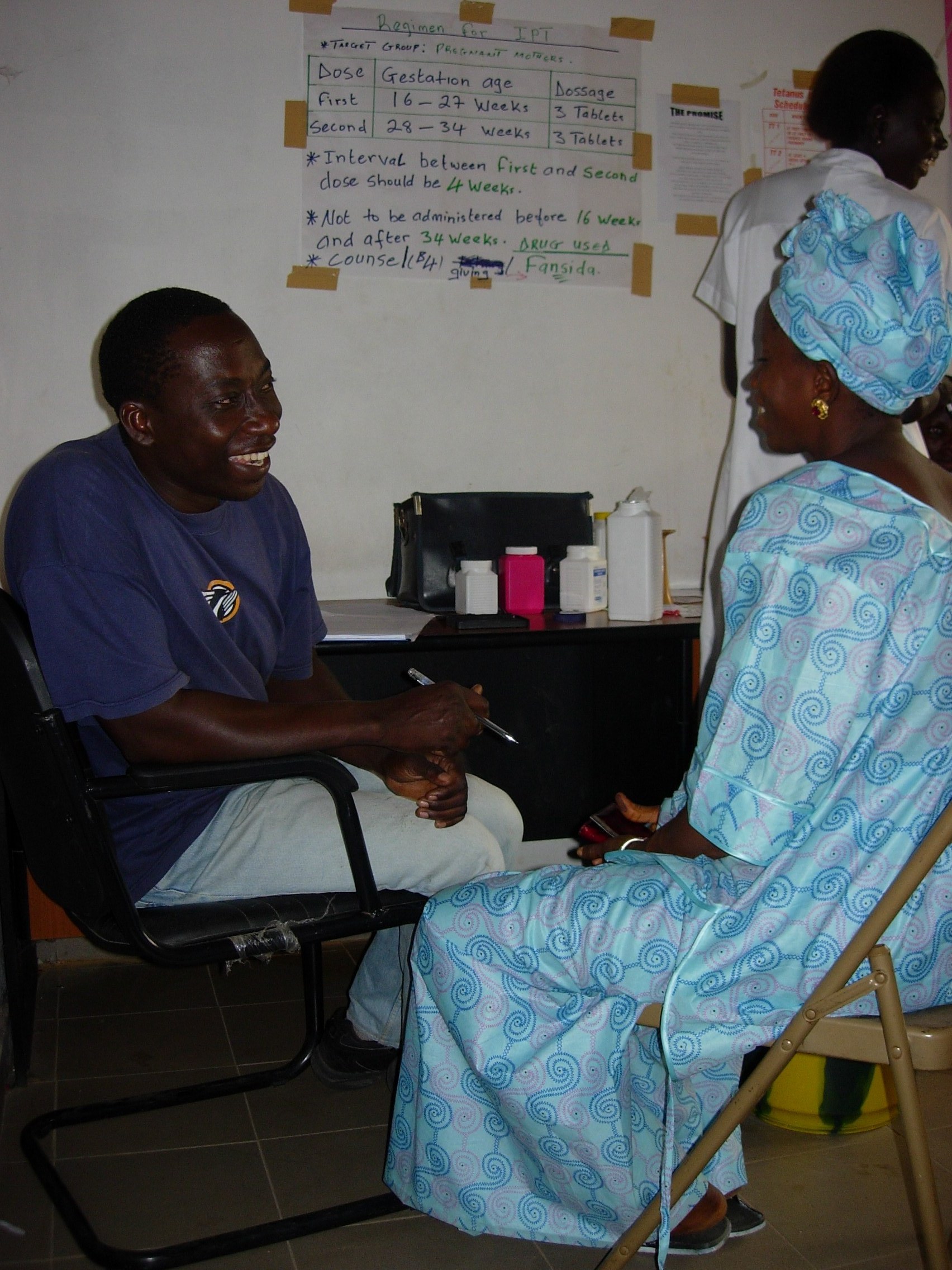
When we established the human consortial projects, our partners raised a number of challenges related to obtaining consent at their study sites, for example:
- Difficulties explaining complex topics such as biomedical research, DNA, and genetics
- Debates about how much detail to provide when seeking consent
- Determining when researchers need to get additional consent for specific genomic analyses
- When to seek consent from parents of children with severe malaria
- Possible roles for communities and research ethics committees (RECs) in approving future uses of samples
How exactly to deal with these issues depends on the context in which research takes place.
Leading qualitative research to better understand challenges in obtaining informed consent
Our ethics team led qualitative studies with Consortial Project 1 partners enrolling participants at two study sites: Kassena-Nankana District, Ghana and Bamako, Mali. These studies reviewed the site-specific issues related to informed consent and investigated how local researchers developed appropriate consent processes. These studies involved semi-structured interviews and focus-group discussions with researchers, field-staff and research participants, as well as observation of consent processes. This research has been influential in determining best practices in seeking consent to genomic research in developing countries, for example the H3Africa Guidelines for Informed Consent, and is also helping to inform ongoing efforts to engage with research participants and their communities to return research results and consider future uses of genomic data.
Developing tools to support consent processes across our network
Our consortial project partners work at more than a dozen study sites, under a variety of circumstances. Our ethics team worked with our partners to support their efforts to seek valid consent from research participants by developing a template for obtaining informed consent and accompanying guidelines. These documents were designed to assist but not to prescribe the development of locally appropriate consent processes. The template and guidelines were developed following broad consultation across the network, including a workshop in Bamako, Mali in 2006.
Documents
Publications
- Parker M, Kwiatkowski DP. The ethics of sustainable genomic research in Africa. Genome Biology. 2016 17:44 DOI: 10.1186/s13059-016-0914-3.
- Chokshi, D, Parker, M, and Kwiatkowski, D. Data sharing and intellectual property in a genomic epidemiology network: policies for large-scale research collaboration. Bulletin of the World Health Organization (WHO). May 2006: 84(5).
- De Vries J, Bull SJ, Doumbo OK, Ibrahim M, et al. Ethical issues in human genomics research in developing countries. BMC Medical Ethics. 2011: 12(5). doi: 10.1186/1472-6939-12-5.
